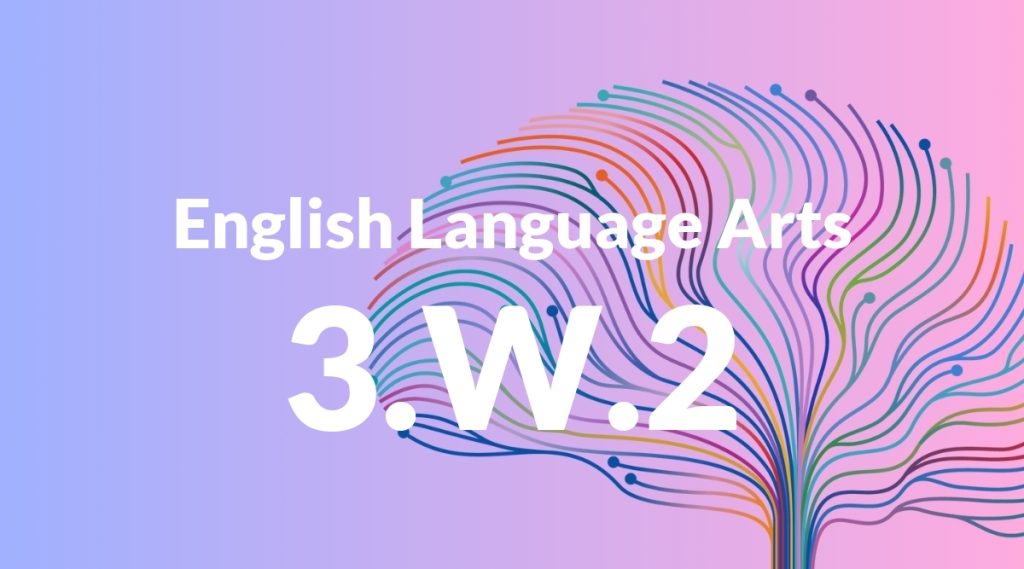Standard: 3.W.2 – Write informative/explanatory texts to examine a topic and convey ideas and information clearly.
Grade level: Grade 3
Subject: English Language Arts
Domain: Writing
Teacher Overview
This standard focuses on teaching students to write informative/explanatory texts that clearly convey ideas and information about a topic. It is crucial as it builds the foundation for more complex writing tasks and enhances students’ ability to communicate effectively in various subjects. Before tackling this standard, students should be able to write complete sentences, understand basic grammar and punctuation, and have some experience with writing simple narratives or descriptions.
After mastering this standard, students will develop the ability to write more complex and structured essays, improve their ability to research and organize information, and enhance their skills in using evidence to support their ideas.
Common Misconception 1
A common misconception is that informative writing is the same as narrative writing. This is incorrect because narrative writing tells a story with a beginning, middle, and end, while informative writing provides facts and explanations about a topic.
Intervention 1
To address this misconception, use graphic organizers that help students visually differentiate between narrative and informative writing structures. Practice identifying and categorizing examples of each type.
Common Misconception 2
Another misconception is that students might believe they can include opinions in informative writing. This is incorrect because informative writing should be based on facts and evidence, not personal opinions.
Intervention 2
Provide students with clear examples and non-examples of informative texts, highlighting the absence of personal opinions in informative writing. Engage them in activities that focus on distinguishing facts from opinions.
Prerequisite Knowledge
Students should be able to write complete sentences, understand basic grammar and punctuation, and have experience with writing simple narratives or descriptions.
Subsequent Knowledge
Students will develop the ability to write more complex and structured essays, improve their ability to research and organize information, and enhance their skills in using evidence to support their ideas.
Instructional Activities
- Brainstorming and outlining informative topics
- Using graphic organizers to plan writing
- Peer review sessions to provide feedback
- Researching and gathering information from various sources
- Writing and revising drafts to improve clarity and coherence




